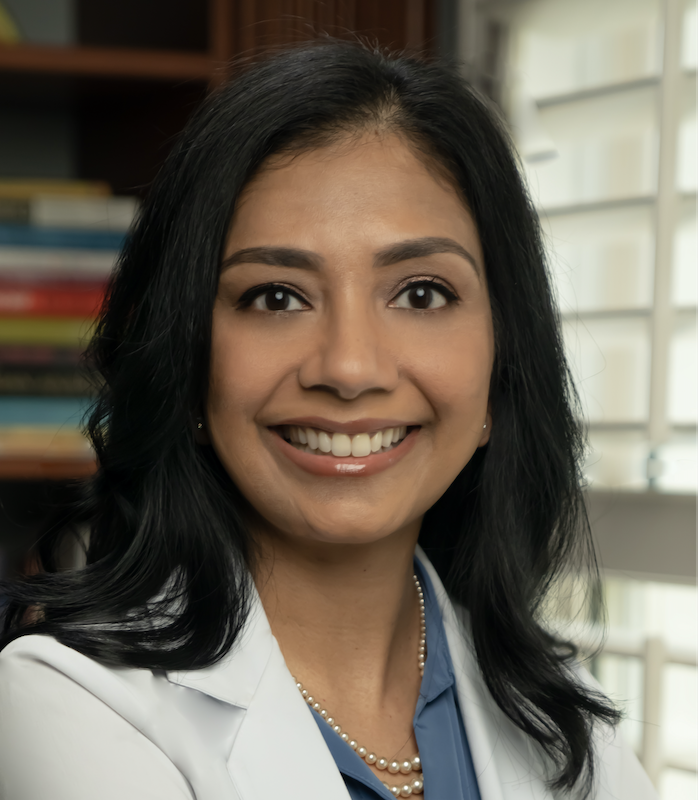Arefa Cassoobhoy is a board certified internal medicine physician with expertise in digital health communications. She is committed to raising awareness of topics like female genital cutting and is honored to have served as chair of the Sahiyo U.S. advisory board from 2021-2023. An advocate for health equity and health literacy, she treats patients and is on the board of directors at the nonprofit Clarkston Community Health Center in Georgia. She is also on the Emory School of Medicine alumni board. She is the former chief medical editor at Everyday Health and was a senior medical director at WebMD and senior medical correspondent at Medscape.
When did you first become involved with Sahiyo?
In 2018 I was researching female genital cutting (FGC) for an article on WebMD when I came across Sahiyo’s media toolkit. It was so well done - helpful and thorough without sensationalizing the topic - that I reached out to Mariya Taher, a cofounder of Sahiyo, to learn more about the nuances of FGC in the U.S. and globally. With her input, I went on to produce a video educating clinicians for Medscape.com in 2019 and started the process for a continuing medical education activity at Medscape.org produced in 2020. From there, my involvement with Sahiyo grew easily, because we share the same mission of educating and empowering individuals to make choices for their body themselves. I worked more with Mariya at conferences, online events, and joined the Sahiyo U.S. Advisory Board, eventually becoming the Chair.
How do you think your background in internal medicine lends itself to Sahiyo’s mission to end female genital cutting (FGC)?
People who experience FGC may need assistance from a variety of specialists, whether it’s medical and mental health treatment or social and legal assistance. As an internist in the health media space, I’ve been able to support raising awareness about FGC and its consequences with the goal of stopping it from occurring. And I’ve been able to encourage health and medical education for the many groups involved, including survivors, healthcare workers who need the knowledge and skills to appropriately and with empathy treat their patients, and other community members and workers.
What does this work mean to you?
The work Sahiyo does is special to me because I come from a community that practices FGC and I want that to stop.
What were your goals as the Sahiyo U.S. Advisory Board Chair? Do you think they were accomplished?
One key goal I had as the Advisory Board Chair was to support a budget increase for the organization; I’m proud to say during my time as Chair that Sahiyo’s yearly budget tripled. It’s been incredible watching the Sahiyo team broaden the scope of grant applications and initiate new fundraising events like the Silent Auction that just finished. With this added revenue they’ve been able to expand their work dramatically.
As you transition out of this role, how do you hope to continue supporting Sahiyo?
I plan to continue working with Sahiyo as much as I have been. We have a retreat coming up this year I am excited about. More info to come!

